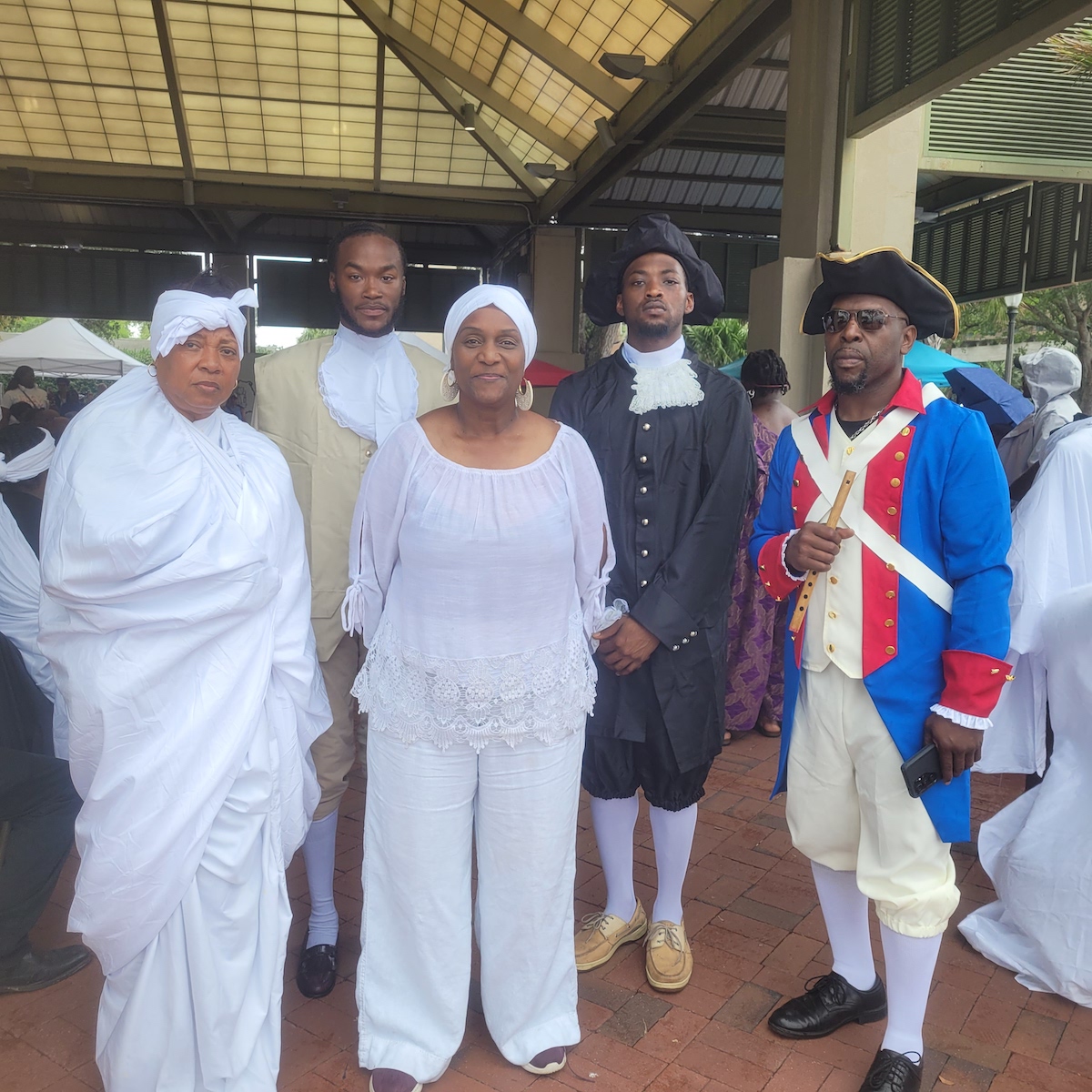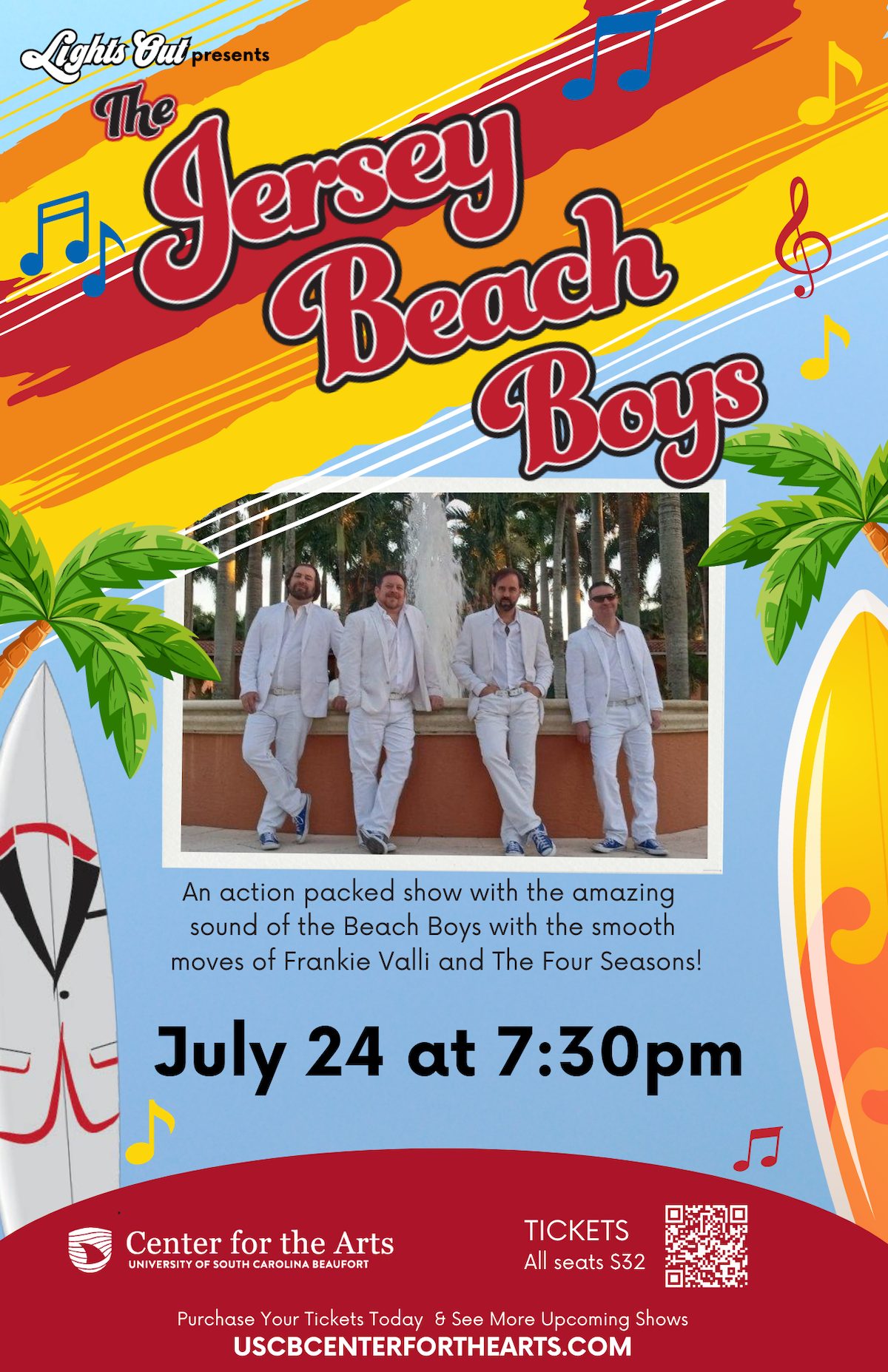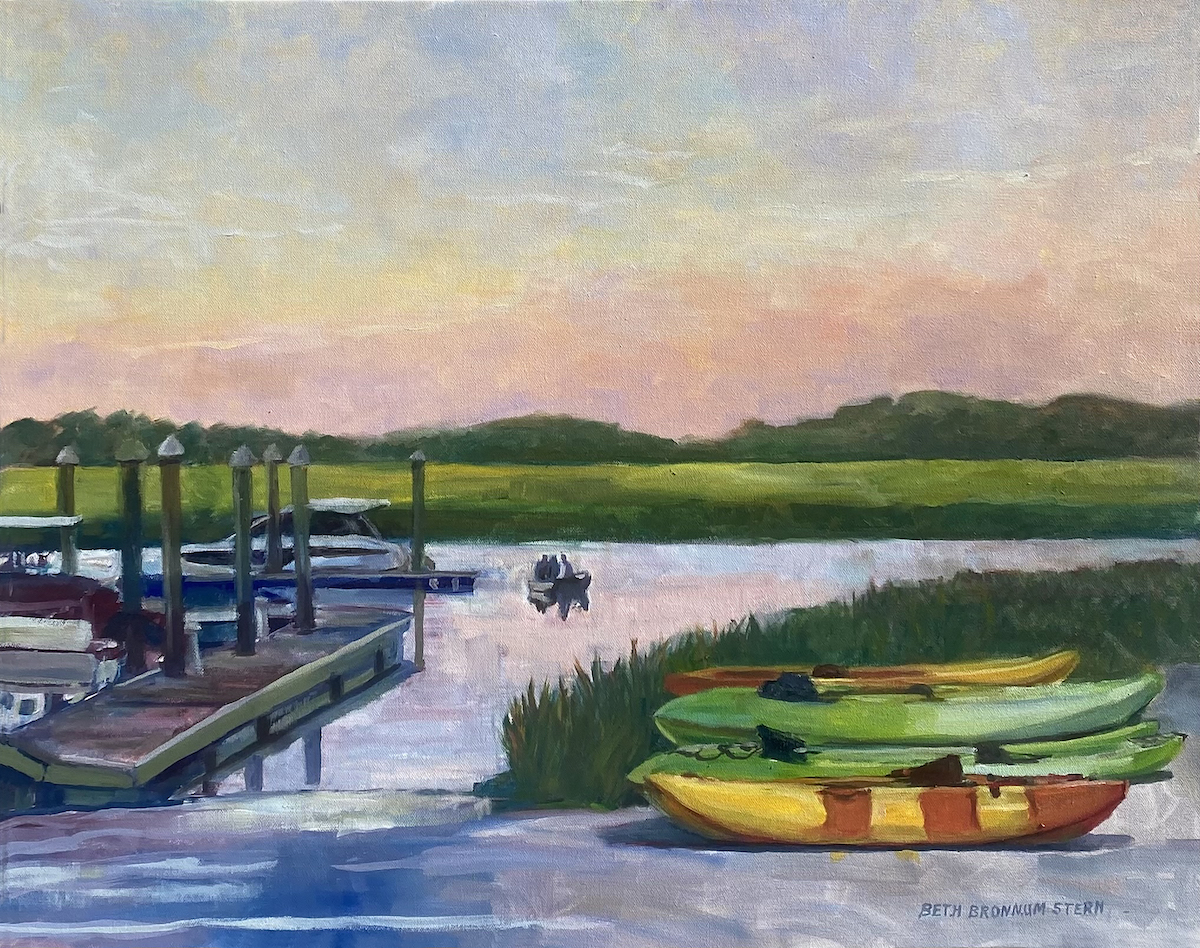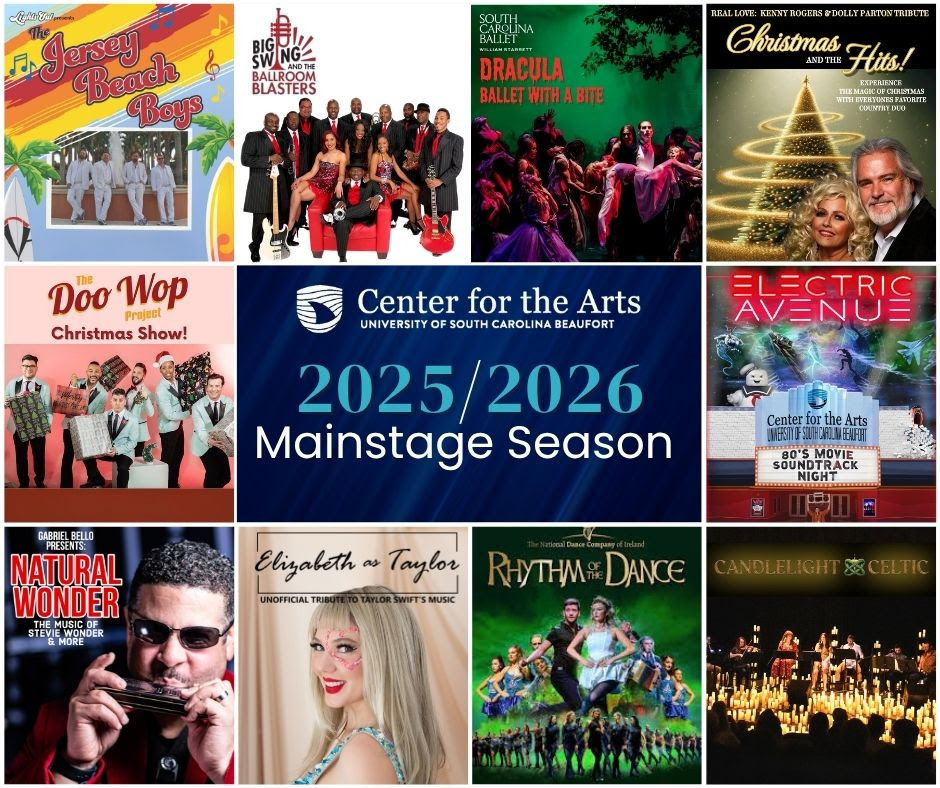By Alan Schuster
From the dynamic opening chords of a violent storm to the final eery stillness of tragic death, Giuseppe Verdi and his librettist Arrigo Boito transformed to perfection one of Shakespeare’s greatest plays, Othello, into one of the world’s greatest dramatic operas, Otello. It was Verdi’s first opera in sixteen years – Aida – and at the age of 74, Italy was alive with anticipation of what to expect from their beloved composer. So much so that the streets were packed around La Scala on the morning of the premiere, shouting ‘Viva Verdi.’
Blanche Roosevelt, an American singer who was in the audience, wrote this from her account of opening night in her book, Verdi: Milan and Otello. “The ovations for Verdi and Boito reached a climax of great enthusiasm. Verdi was called out twenty times, and at the last recall, the house rose in a body. The emotion was something indescribable, and many wept. Later, his carriage was dragged by citizens to his hotel. He was toasted and serenaded; and at five in the morning I had not closed my eyes in sleep for the crowds were still singing and shrieking “Viva Verdi!”
Boito’s compression of the plot was a work of art, turning nearly 3,500 Shakespeare lines into less than 800 for four fascinating acts in about two hours and ten minutes. Here’s what he converted.
Act I: Cyprus in the fifteenth century. Otello, its popular governor, returns to the island to announce victory over the Turks. Act II: Iago, an ensign, plots the downfall of his rival Cassio, implying to Otello that Cassio has seduced his wife, Desdemona. He claims that she has given Cassio a handkerchief as a love token.The truth is that Iago has himself purloined it. Act III: Otello confronts his wife, and dismisses her explanations. Then he plots with Iago to kill the unfaithful pair that evening. Act IV: Otello, mad with jealousy, strangles Desdemona. But Iago’s wife, Emilia, reveals the full extent of her husbands’s treachery and a shattered Otello kills himself.
There are many poignant moments sung in each act, something that spoken in a theatre cannot hope to achieve. Among them – in order – are a tender love duet “Gia nella notte…” (In the dark night) for Otello and Desdemona; Iago’s incredible “Credo,” an astonishing portrayal of evil; and a massive ensemble ending Act III, with six singers expressing contrasting feelings at the same time, forming one of opera’s most dramatic act finales.
Best of all is the overwhelming final moments when Otello stabs himself after learning of Desdemona’s innocence. He leans over her dead body and tries to kiss her, crying in anguish “Un bacio – un bacio ancora – un altro bacio.” Breathing his last, he falls beside her, bringing to an end a scene of timeless beauty.
Cast: Tenor Aleksandrs Antonenko plays Otello; Soprano Sonya Yoncheva sings Desdemona and baritone Zeljko Lucic (An exceptional Rigoletto in the 2014 HD series) is the evil Iago.
Join us at the at the USCB Center for the Arts Sunday, October 17th, at 12:55 p.m. for a wonderful afternoon of memorable opera.
Tickets for all opera presentations are now available. All seats are general admission. Adults $20; OLLI members $18; Students $10. Order online at www.centerforethearts.com or by calling 843-521-4145. Box office opens at noon. USCB Center for the Arts is located at 801 Carteret Street, Beaufort, South Carolina.






